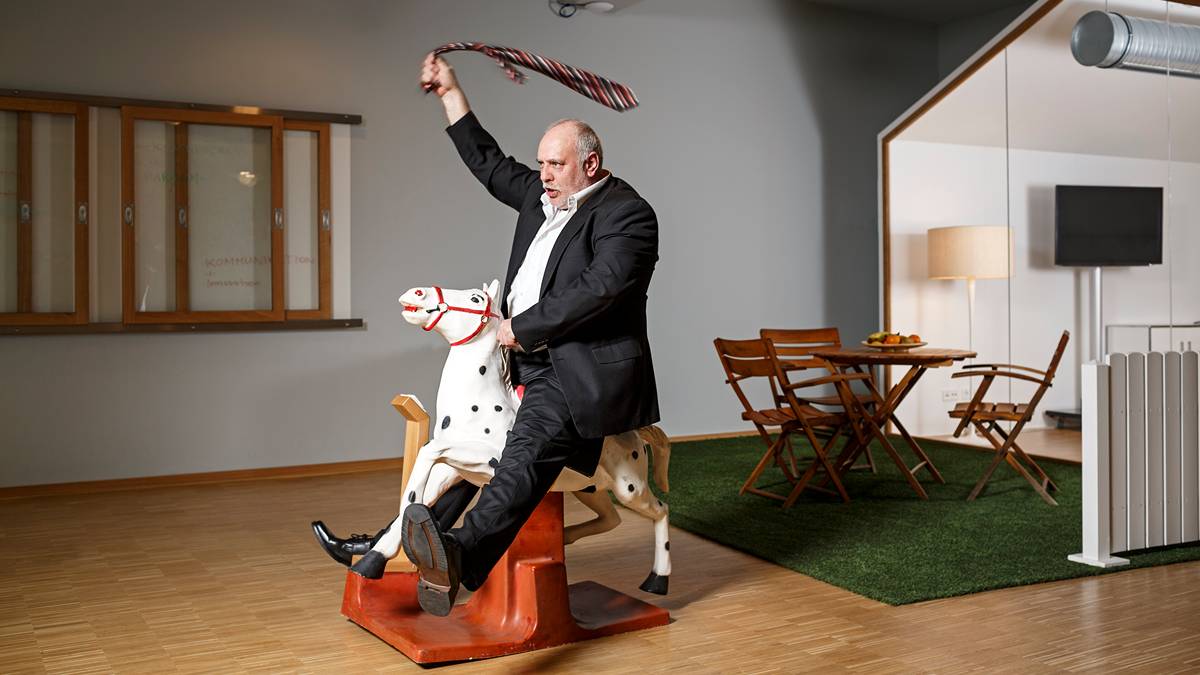Australia’s small businesses under pressure as growth slows but resilience shines

Pic via Getty Images
- 2.66 million small businesses make up 97% of all enterprises, employing over 5 million Australians
- Sales growth averaged just 3% in the June quarter of 2025, the slowest pace since 2020
- Survival remains tough, with nearly one in four businesses not lasting beyond their first year
Special Report: From corner cafés and suburban mechanics to regional farms and creative studios, Australia’s small businesses are the backbone of the economy.
Australia’s 2.66 million small businesses are more than just economic units – they are family legacies, community hubs and the lifeblood of towns and suburbs across the country. Together, they employ more than 5 million Australians and generate around one-third of national GDP.
But the sector in 2025 is navigating choppy waters. New business formation remains robust, with 436,018 entries in the past year, but 362,893 businesses also shut their doors. Just 76.5% of ventures survive beyond their first year, and in the Northern Territory fewer than half make it past three years.
Sales slow, pressure builds
According to Xero data, small business sales rose an average of 3.0% year-on-year in the June quarter of 2025 – the weakest quarterly pace since 2020 and well below the long-term average of 7.8%.
Western Australia (+4.6%) and Queensland (+4.2%) led the nation, while Victoria (+1.8%) and Tasmania (+1.4%) dragged behind. Industry performance was uneven: healthcare and public administration surged (+7–8%), but hospitality (+1.5%) and education (–1.2%) struggled.
The ASBFEO Small Business Pulse Index ticked up just 0.1% in May, but over the year fell by almost 1%, underscoring fragile sentiment.
Innovation and finance in focus
Looking ahead to 2025–26, growth expectations remain muted. Surveys show that fewer small business owners plan to expand headcount or invest in new products than in previous years, with innovation at historic lows. Only 8% intend to launch a new service or product unique to their market, compared with an international average closer to 27%.
There are some positives: access to finance is improving, with 40% of firms saying it is easier to secure funding than a year ago, up from 34%. BizCover’s 2025 data also highlights growth niches, with demand for insurance cover surging in sectors such as societies, associations and groups (+36.2%) and tax services (+34.6%).
Recognition matters
Recognition is one way to boost morale for small business owners, says Steve Loe, founder of the Australian Small Business Champion Awards.
Since 1999, the annual awards ceremony has celebrated operators across more than 100 categories, earning a reputation as “the Oscars of small business”.
“We want a winner’s name announced in front of a huge applause, giving them confidence they can take back to their business,” Loe said.
“That confidence can be life changing.”
Characters of the small business industry such as Loe have been recognised in a recent book: Champions – The Legacy That Shaped Small Business for a Nation, by Matthew Manahan.
The book compiles more than 100 stories of resilience, humour and legacy from small business owners around the country.
From a dyslexic boy who turned a candy stall into a thriving business, to the time the Sydney Fish Market auction floor was transformed into a black-tie ballroom, the book is filled with grit, humour and community spirit.
“Small business isn’t small at all,” Manahan says.
“It’s the beating heart of Australia, and this book is living proof.”
What started as a sponsorship tool became a three-year passion project. The finished 403-page volume is both a keepsake and a rallying cry at a time when small business needs all the support it can get.
“We’re the ones keeping this country moving,” Loe added.
“Now we want the rest of Australia to understand what that really means.”
This article was developed in collaboration with Precedent Productions, a Stockhead advertiser at the time of publishing.
This article does not constitute financial product advice. You should consider obtaining independent advice before making any financial decisions.
Related Topics
UNLOCK INSIGHTS
Discover the untold stories of emerging ASX stocks.
Daily news and expert analysis, it's free to subscribe.
By proceeding, you confirm you understand that we handle personal information in accordance with our Privacy Policy.








